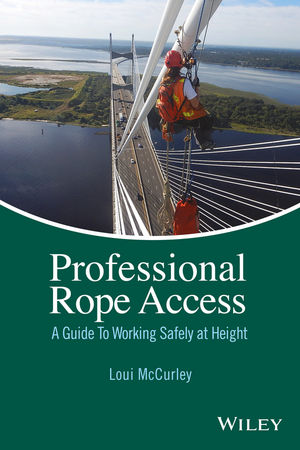 Noise induced hearing loss, or occupational deafness, is still a very real and present danger.
Noise induced hearing loss, or occupational deafness, is still a very real and present danger.
Noise is something that remains pervasive throughout a variety of industries and will continue to be.
The most common defense employees have against it are hearing protection devices (HPDs) and stringent adherence to health and safety standards by their employer. Unfortunately, there are a number of employers who either flout, or are ignorant of their responsibilities for preventing noise exposure.
Industrial deafness claims are the second most common kind of employers’ liability insurance claims; and the United Kingdom’s Health and Safety Executive (HSE) estimates that around 2 million British workers are exposed to unacceptable noise levels at work.
Under The Control of Noise at Work Regulations 2005, employers are required to provide adequate ear protection whilst ensuring that the sources of noise are ’engineered out’ by fitting silencers; as well as ensuring that the quietest machinery is used. Having employees sent for regular hearing checks, providing comprehensive training and limiting power tool and machinery usage, are all necessary to prevent future legal action.
When speaking to Maureen Ferguson, the Industrial Disease Manager for Asons Solicitors, she stated that:
"There are companies out there that make an effort to protect employee hearing. Unfortunately, some of them fail to make the use of protective equipment compulsory, whilst others are great in providing equipment, but fail to provide the necessary training. Neglecting certain aspects of the ’noise at work regulations’ still makes the employer, or at least their insurance company, liable for hearing loss claims"
An employer making an effort runs in stark contrast however, to those employers that purposefully ignore their responsibilities entirely. One such company was prosecuted by the HSE for exposing personnel to noise as loud as 98 decibels for several hours each day. The Burnley-based Equestrian floor surface manufacturer, used granulators to shred materials to create their products, where noise levels were as high as those produced by chainsaws. Despite a previous formal warning, the company only made minor changes which did little to protect their staff.
"Noise induced hearing loss is a degenerative condition; it’s easily prevented but once hearing is damaged, it can never be repaired. As such, it’s critical that employers make the greatest possible effort to protect employees. For victims of Industrial Deafness, we help them to claim for their hearing damage, allowing them to purchase hearing aids and other supportive equipment to help them make the most of whatever hearing they have left" adds Ms Ferguson.
Asons Solicitors is UK law practice that specialises in industrial disease and accident injury claims. For further information visit: Website: www.asons.co.uk




